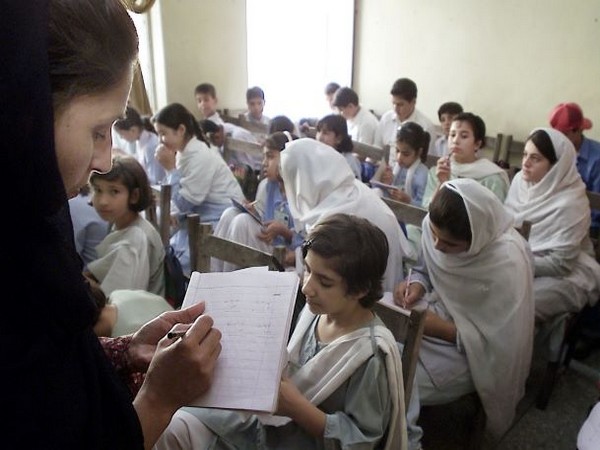Sindh's New University Appointment Law Raises Academic Concerns
The Sindh cabinet's decision to amend a law allowing non-PhD officials as university vice chancellors has sparked controversy among academic staff. Teachers argue this move could affect university integrity and culture. Officials say the amendment aims to widen candidate selection, ensuring more choices for the position.

- Country:
- Pakistan
A potential amendment by the Sindh cabinet to appoint non-PhD individuals as vice chancellors of public universities has met with significant opposition from teachers. This move, which allows public sector officials in grade 21 or above to be considered, has raised alarms about its possible impact on academic integrity.
Representatives from key academic associations, including the Federation of All Pakistan Universities Academic Staff Association (Fapuasa), met with government officials on Thursday. These academics, led by Fapuasa President Dr. Akhtiar Ghumro, expressed concerns that appointing bureaucrats lacking academic credentials might jeopardize the fundamental values and culture of higher education institutions.
Government officials defended the amendment, suggesting it was devised to expand the candidate pool for vice chancellor roles. However, educators voiced apprehensions about the long-term effects, urging the prioritization of academic qualifications. Assurance was made that no decisions undermining university autonomy would be taken, according to Sindh Higher Education Commission Chairman.
(With inputs from agencies.)










